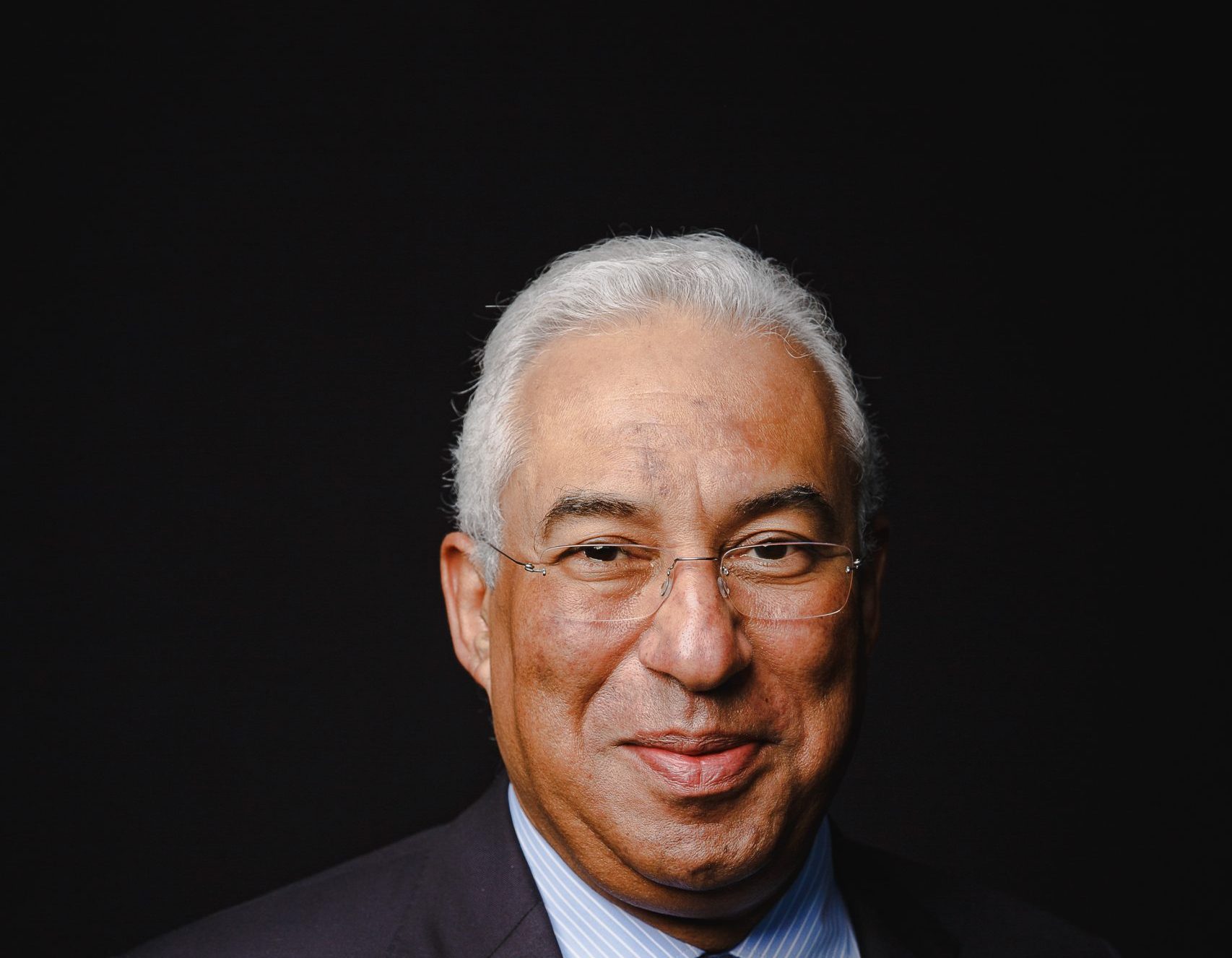António Costa Keynote Speaker
- Prime Minister of Portugal (2015 to 2024)
- Bridge Builder and Advocate for a more United Europe
- Among the most experienced heads of government within the European Union.
António Costa's Biography
António Costa was the Prime Minister of Portugal from 2015 to 2024. He is known as a pragmatic negotiator and for his desire to build bridges between European States during this period of increased fragmentation and the rise of the far right.
His skills as a political leader have helped build consensus, to find common ground, and to generate trust with other world leaders. Mr. Costa has been one of the main advocates, alongside Ursula von der Leyen and David Sassoli, of the “Conference on the Future of Europe”.
Prior to being Prime Minister he was the Mayor of Lisbon from 2007 to 2015. He also served as the Secretary-General of the Socialist Party from 2014-2024. Mr Costa began his career in law and later moved into the political arena, which solidified in the mid-nineties when he rose to join the executive committee of the Socialist Party and then served successive governments as a minister, first under António Guterres and later under José Sócrates.
His profile gained prominence and he resigned from the Ministry of Internal Administration in 2007 to make the move to the Lisbon City Hall where he served as mayor for two consecutive terms. He led the Portuguese capital city from 2007 to 2015, and during this period, he also took the helm of a struggling Socialist Party. With Mr Costa as the party leader, the Socialist Party returned to power in an environment impacted by the global financial crisis.
In 2016 and 2017, the rapid growth that accompanied the beginning of his presidency started making headlines due to its perception as a fight against austerity. During the early years of the term, the GDP growth rate increased, and the reversal of this apparent stagnation provided considerable financial credibility to the socialist government. Unemployment was another indicator that showed improvements and certain social measures were also promoted, such as a 10% increase in the minimum wage, reducing public employees’ working hours to 35 hours per week, and increasing pensions.
Considering the dire state the country was in after the 2008 crisis, Portugal’s improvement was due to the policies implemented during this period. Thus, a link was established between a socialist government and an improvement in the economy; it was evident that António Costa’s policies boosted Portuguese growth.
Mr Costa is also one of the most experienced heads of government within the European Union. He held a brief role as a Member of the European Parliament from 2004 to 2005 and a rotating presidency of the Council of the European Union, which Portugal held in the first half of 2021.







